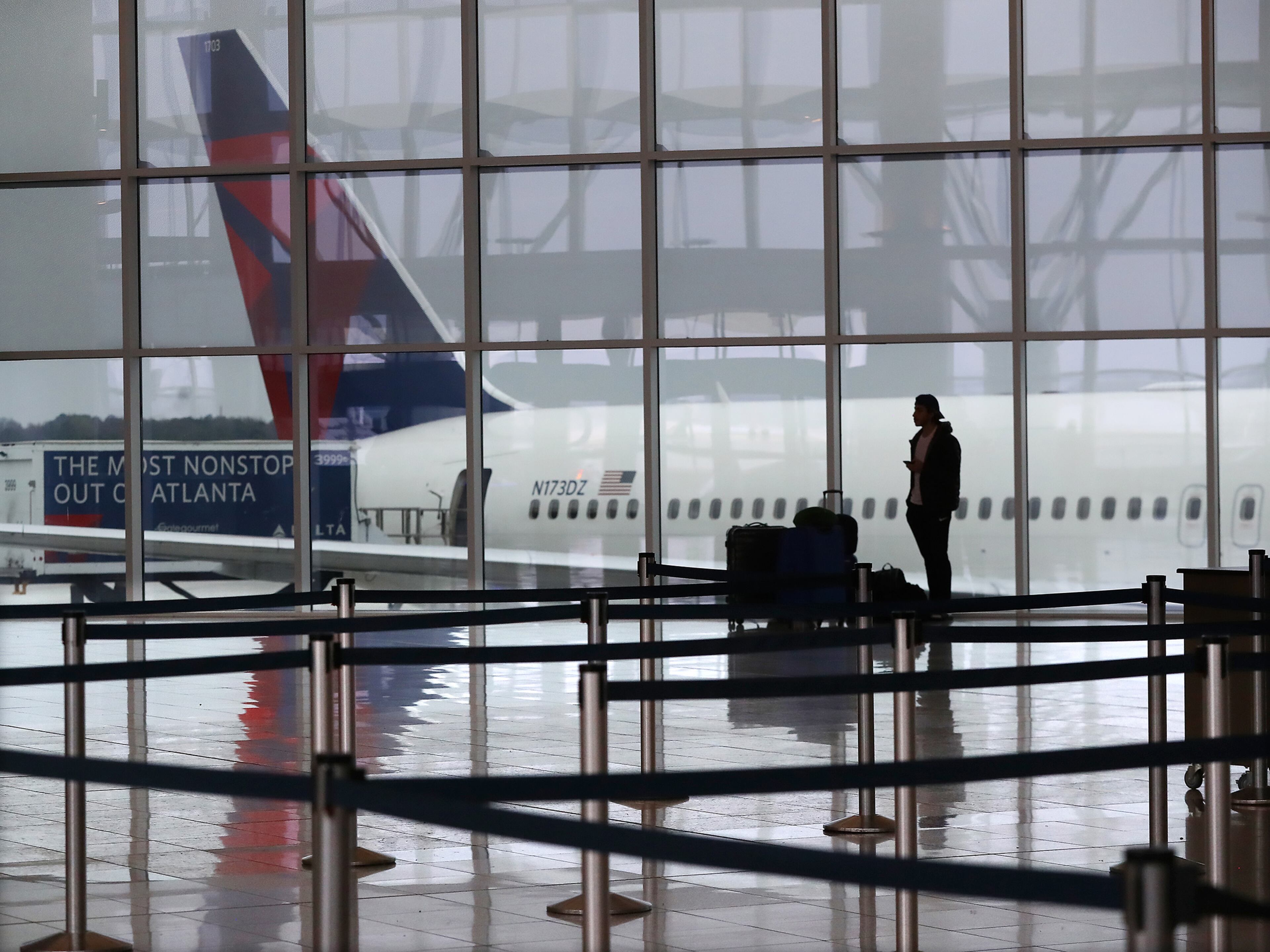A look at major COVID-19 developments over the past week

Even as President Joe Biden and health experts warn of a potential fourth surge in COVID-19 cases, Gov. Brian Kemp outlined a plan to start rolling back many of Georgia’s remaining coronavirus restrictions.
The governor signed an executive order that, on Thursday, will end a ban on large gatherings; eliminate shelter-in-place requirements for vulnerable populations; and pare down a lengthy list of safety guidelines that businesses such as bars, retail stores and entertainment venues are supposed to follow.
Kemp issued a separate order that could end Georgia’s state of emergency on April 30, a year after it started.
The governor has said loosening the rules is a crucial step to returning to “normal life” as the number of new infections in the state has declined from the winter peak and millions of Georgians have secured at least one dose of vaccine.
But the timing comes amid sharpening concerns that the spread of new, more worrisome variants of the virus could outpace inoculations. Dr. Rochelle Walensky, head of the Centers for Disease Control and Prevention, spoke of “impending doom” if Americans don’t remain vigilant.
Here’s a look at major developments related to COVID-19 over the past week.
Georgia joins several states in easing restrictions
Georgia will join more than a dozen other states that have eased restrictions. Among them are Mississippi and Texas, where officials lifted mask mandates and allowed businesses to operate at full capacity.
Unlike many other states, Georgia never adopted a statewide mask mandate. But some local governments require face coverings.
Kemp said that he worried businesses couldn’t survive an extension of restrictions. His order will allow restaurants to greatly expand capacity by reducing spacing requirements between indoor tables. It also relaxes spacing rules in fitness centers and removes the 50-attendee cap on in-person gatherings. However, many hygiene rules will remain in place. Servers and restaurant staff, for example, will still have to wear masks when interacting with customers.

Vaccines eligibility expanded
The governor recently allowed all Georgia adults to begin receiving the vaccines, a dramatic expansion of eligibility. More than 3.6 million doses of the vaccines have now been administered in the state.
But Georgia still faces challenges distributing the lifesaving doses, and national trends also suggest a fourth wave of COVID-19 cases is taking hold in parts of the U.S.
Georgia Department of Public Health data show a vast improvement since the January peak in cases and deaths. But the seven-day rolling average of new confirmed and suspected cases has plateaued since March 14. So has the number of people currently hospitalized in Georgia with COVID-19.
The key to avoiding a devastating fourth surge, public health experts said, is to maintain masking and social distancing to buy time — perhaps just a matter of several weeks — to vaccinate more of the public.
Dr. Cecil Bennett, medical director of a primary care center in Newnan and an adjunct professor at Morehouse School of Medicine’s Family Medicine Program, said he sees two possible scenarios with the governor’s easing of restrictions:
“First one, we have people on the beach on a bright sunny day and a Category 5 hurricane is coming, but it doesn’t matter to them today,” he said.
But, he said, there’s another possibility, “where opening the state may not be as bad it seems.”
While the total number of coronavirus cases may rise, that might not lead to a jump in complications and hospitalizations because many people over the age of 50 have been vaccinated, he said.
Bennett said he would err on the side of caution and wait at least four weeks to see if another surge comes and what the effects may be before easing restrictions.

Delta to fill middle seats again
Delta Air Lines will start filling middle seats on its planes starting May 1 as more passengers take to the skies, ending a seat-blocking policy driven by the COVID-19 pandemic.
Atlanta-based Delta also will bring back more in-flight beverage offerings starting April 14, including mini cans of Coca-Cola products, canned cocktails and Starbucks coffee and tea. Snacks also will be expanded.
Passengers will still be required to wear masks, and the airline says it will continue its cleaning protocols.
The moves come as the airline hopes for a recovery in travel after losing a record $12.4 billion last year.
“Now, with vaccinations becoming more widespread and confidence in travel rising, we’re ready to help customers reclaim their lives,” Delta CEO Ed Bastian said in a written statement.
CDC updates travel guidance
On Friday, the CDC released an update to its domestic travel guidance for fully vaccinated people, saying they are at low risk when traveling as long as they continue to follow safety precautions.
When traveling within the United States, fully vaccinated people aren’t required to take COVID-19 tests or self-quarantine post travel as long as they continue to wear masks, avoid crowds, socially distance and wash hands frequently, according to the new travel guidance. A person is considered fully vaccinated two weeks after receiving the recommended dose of vaccine.
When it comes to international travel, the CDC said COVID-19 testing isn’t required for fully vaccinated people before travel unless it is required by the government of the destination country.
The guidance for people who are not fully vaccinated hasn’t changed. Unvaccinated travelers should get tested before and after traveling. The CDC also discourages non-essential domestic travel by those who are not fully vaccinated.
Staff writer Kelly Yamanouchi contributed to this article.




